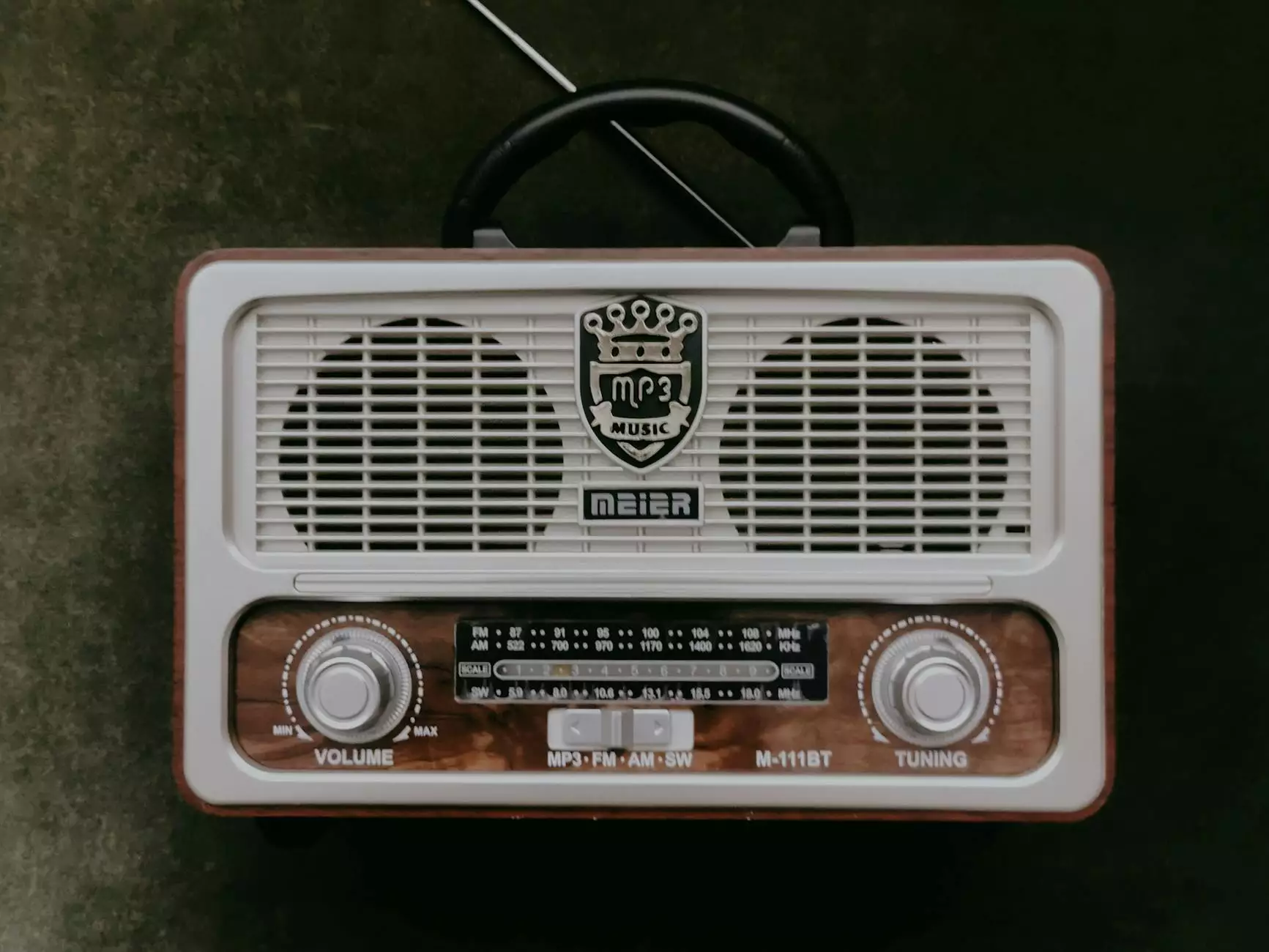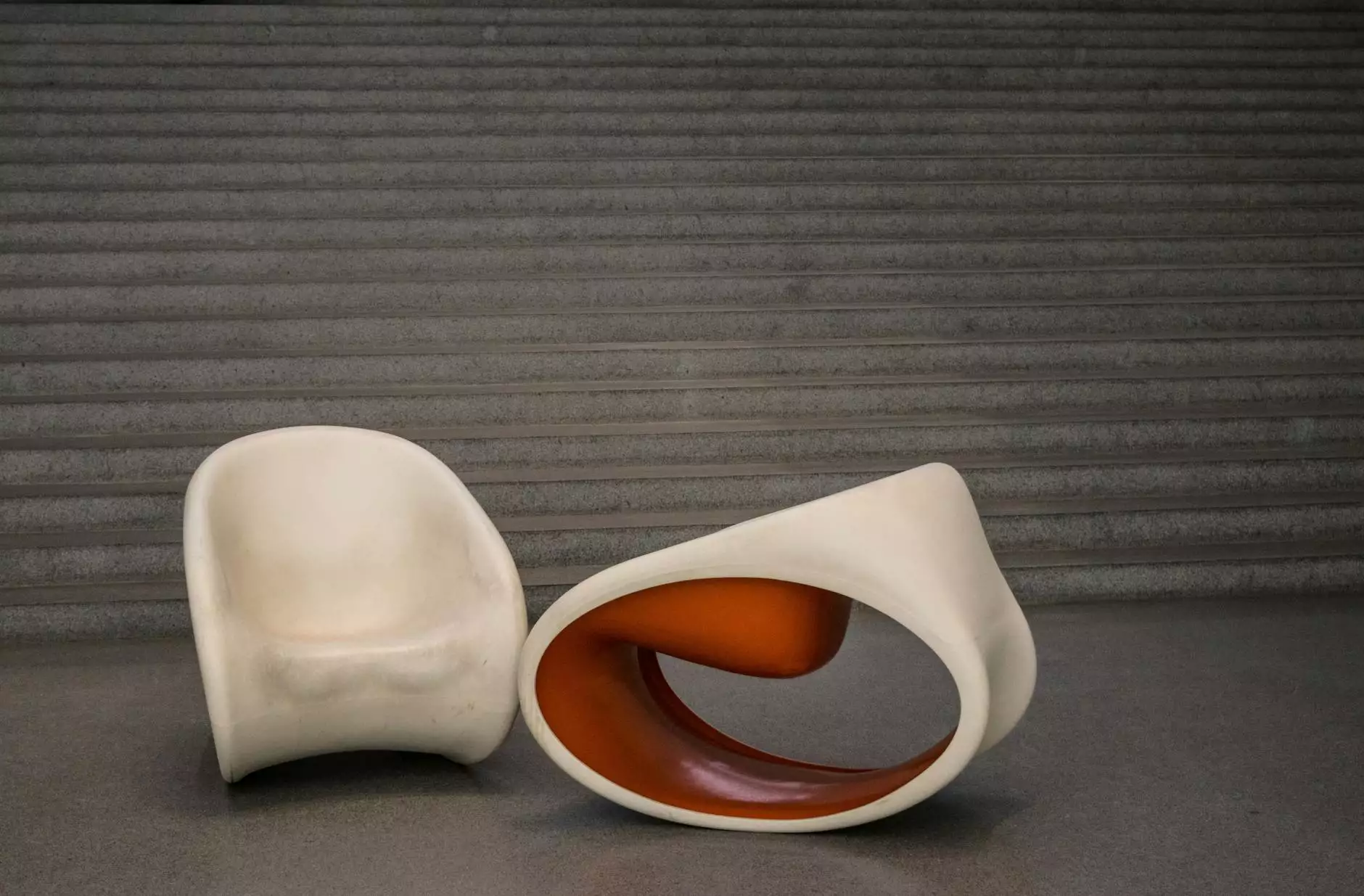Understanding the Role of a Video Game Audio Engineer

The gaming industry has evolved dramatically over the past few decades, not just in terms of graphics and gameplay, but also in the auditory experiences offered to players. At the heart of this auditory evolution is the video game audio engineer, a critical role that enhances the overall gaming experience.
What is a Video Game Audio Engineer?
A video game audio engineer is a professional responsible for creating, recording, and implementing all sound elements within a video game. This includes everything from background music to sound effects, voiceovers, and immersive audio experiences that are crucial for player engagement.
Skills Required for Success
To excel as a video game audio engineer, one must possess a unique blend of technical and creative skills:
- Proficiency in Audio Software: Familiarity with Digital Audio Workstations (DAWs) like Pro Tools, Logic Pro, and Ableton Live is essential.
- Sound Design Skills: Ability to create and manipulate sounds using synthesizers, recording techniques, and sound libraries.
- Understanding of Game Engines: Knowledge of how audio integrates with game engines like Unity and Unreal Engine.
- Collaboration and Communication: Working with game designers, developers, and artists requires exceptional teamwork and communication skills.
- Attention to Detail: Ensuring high-quality sound that enhances the narrative and emotional weight of the game.
The Importance of Sound in Gaming
Sound plays a crucial role in gaming, influencing player emotions and enhancing the storytelling experience. A skilled video game audio engineer understands how to:
- Create Atmosphere: Sounds can set the mood and tone of a game, making environments feel more alive and immersive.
- Enhance Gameplay Mechanics: Sound cues provide players with vital information, such as an approaching enemy or an item pickup.
- Tell Stories: Audio elements, including voice acting and background scores, help convey complex narratives effectively.
Tools and Technology Used by Audio Engineers
Modern video game audio engineers utilize a variety of tools and technologies to create immersive soundscapes:
Digital Audio Workstations (DAWs)
These software applications are essential for recording, editing, and producing audio. Popular DAWs include:
- Pro Tools
- Logic Pro X
- Ableton Live
Sound Libraries
Access to quality sound libraries is crucial for any video game audio engineer. These libraries provide high-quality sound effects and recordings that can be used directly or modified to fit the game’s requirements.
Synthesizers and Samplers
Using synthesizers and samplers, audio engineers can create unique sounds that can set a game apart. Tools like Native Instruments and Serum are widely used in the industry.
Field Recording Equipment
Often, real-world sounds are desirable for authenticity. Field recording equipment allows audio engineers to capture sounds from the environment, which can then be modified for use in games.
Collaboration within Game Development Teams
A video game audio engineer must collaborate closely with various departments within a game development team:
- Game Designers: To understand the specific needs for sound effects based on game mechanics.
- Music Composers: To create a cohesive auditory landscape that matches the action and emotion of the game.
- Quality Assurance Testers: To ensure that audio elements work correctly within the game’s context.
Emerging Trends in Video Game Audio Engineering
The field of audio engineering in gaming is continually evolving. Here are some of the most significant trends:
Adaptive Audio
Adaptive audio is becoming increasingly popular, where sound changes dynamically based on player actions or game events. This creates a more immersive experience, making every player’s journey unique.
Binaural Audio and 3D Sound
With advancements in technology, 3D audio systems have become standard in many games. Binaural audio simulates how sound is heard in the real world, giving players an enhanced sense of directionality and space.
Virtual Reality (VR) and Augmented Reality (AR)
The rise of VR and AR necessitates a new approach to audio, where the soundscape is as immersive as the visuals. Audio engineers are critical in creating these experiences.
Educational Pathways and Career Prospects
For aspiring video game audio engineers, there are several educational pathways one can consider:
- Audio Engineering Degrees: Many universities and colleges offer specialized degree programs focusing on audio engineering.
- Sound Design Courses: Numerous online platforms provide courses tailored towards sound design for games.
- Internships and Apprenticeships: Gaining practical experience through internships at game studios can provide a significant advantage in this competitive field.
The Future of Video Game Audio Engineering
As technology continues to advance, the role of the video game audio engineer will only become more crucial. With the integration of AI, machine learning, and realistic sound simulations, audio engineers will have the tools to craft even more immersive and dynamic auditory experiences.
Conclusion
In summary, the profession of a video game audio engineer is vital in shaping the gaming experience. As the industry evolves, so do the techniques and technologies that audio engineers must master. For those passionate about sound and storytelling, this career path offers exciting opportunities to create experiences that resonate with players long after they put down the controller.
Explore More at Pingle Studio
If you're looking to delve deeper into the world of audio engineering or to explore creative avenues in areas like art galleries, graphic design, or 3D printing, visit Pingle Studio for resources and inspiration.






